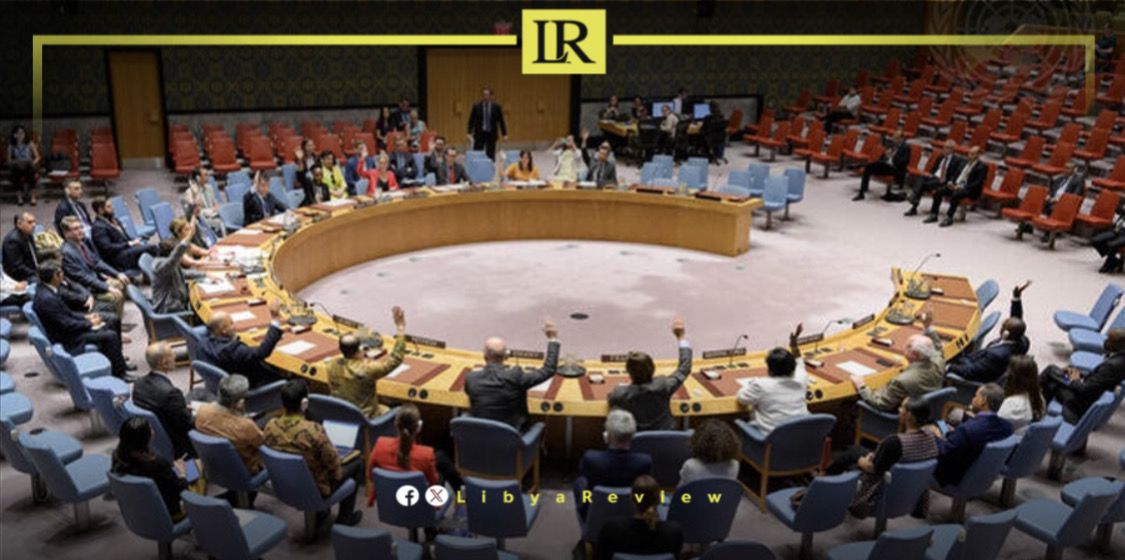The United Nations Security Council is poised to extend its mandate this September, allowing member states to continue inspecting and seizing ships off the coast of Libya in a bid to combat escalating human trafficking and migrant smuggling in the Mediterranean.
This move comes as the latest UN report reveals a stark 51% increase in the number of migrants attempting to reach Europe, with a significant proportion of these perilous journeys originating from Libya.
According to the report, nearly 45% of migrants crossing the Mediterranean in the past year have embarked from Libyan shores. The Mediterranean crossing, fraught with danger, has claimed over 3,000 lives between 2022 and 2023, underscoring the severe humanitarian crisis unfolding on Europe’s southern border. These grim statistics have heightened the urgency for international intervention, as the Security Council seeks to address the ongoing challenges posed by Libya’s strategic role in the migration crisis.
The mandate, originally designed to curb the illegal flow of arms into Libya during its civil war, has evolved over time to address the broader issues of migrant smuggling and human trafficking. It grants member states the authority to board, inspect, and, if necessary, seize vessels in international waters that are suspected of being used for smuggling operations. This extension reaffirms the international community’s commitment to disrupting the networks that exploit vulnerable migrants and endanger lives for profit.
Libya’s position as a key gateway for migrants from Africa and the Middle East, coupled with its ongoing internal instability, has made it a focal point in the Mediterranean migration crisis. The country’s fractured political landscape, plagued by competing militias and weak governance, has allowed trafficking networks to flourish, turning Libya into a major departure point for desperate migrants seeking refuge in Europe.
The Security Council’s decision to renew the mandate highlights the persistent nature of the challenges in the region. While the naval inspections have played a crucial role in intercepting smuggling vessels, the root causes of the migration crisis—such as poverty, conflict, and lack of economic opportunities in migrants’ home countries—remain unaddressed. The international community recognizes that these inspections are just one part of a broader strategy needed to tackle the complex web of factors driving the migration flow.


